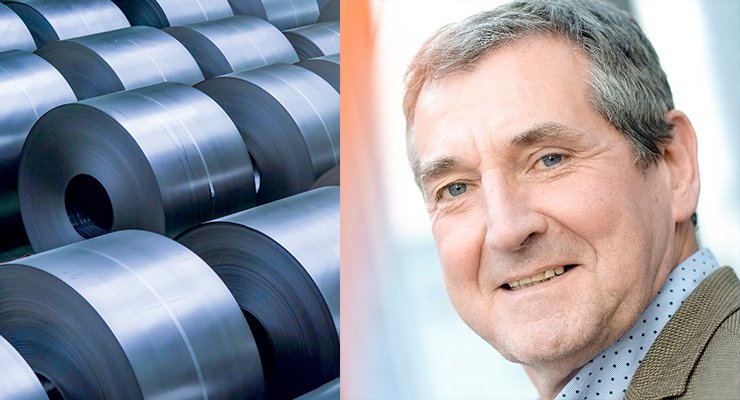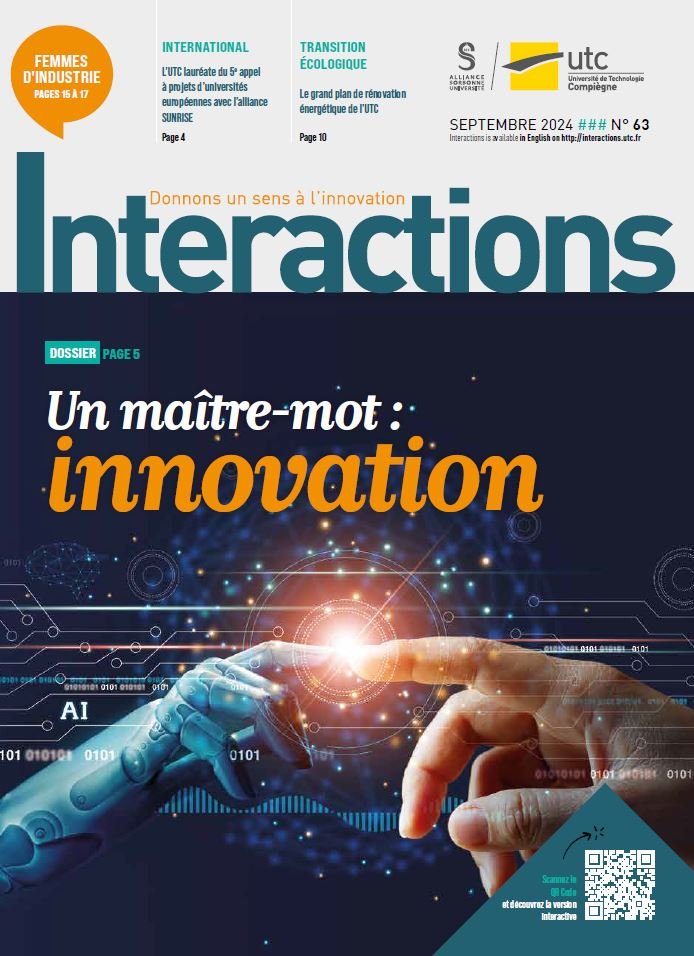A look at High-strength steel at ArcelorMittal

The collaboration between the ArcelorMittal laboratory and the Roberval laboratory goes back a long way. Initially, they mainly concerned the numerical simulation of flat steel forming and metallurgy. They then developed towards the problems of welding high-strength steels.
The impetus given by the Hauts-de-France region to the creation of joint university/industry laboratories led ArcelorMittal to reconsider the form of this partnership. “We thought it would be interesting to broaden the subjects of our collaboration with UTC’s Roberval Laboratory and to make it a long-term project in order to take full advantage of the laboratory’s specialist skills. We wanted to have a powerful force at our disposal to further develop key technical points relating to the welding of third-generation high-strength steels and to additive manufacturing through research work, PhD theses and post-doctorates. The industrial stakes are high, hence this human and financial commitment on the part of ArcelorMittal,” emphasises Francis Schmit, head of the Assembly & Multi-Materials department within ArcelorMittal Global R&D in Montataire and co-director of Fusemetal.
The research staff at the Montataire laboratory are fully involved in defining the research topics and monitoring the work, in conjunction with the PhD thesis director. They regularly intervene to provide tools or skills from the research centre, when necessary. The company is also the employer of the PhD students who benefit from a CIFRE contract from the ANRT. The research axes are co-directed by professors from the UTC (Mohamed Rachik, Pierre Feissel) and by engineers from the Montataire laboratory (Sadok Gaied, Patrick Duroux and Gilles Brun). The involvement of the company is also financial.
Advocating a circular economy
One thesis has already been completed. Five others are still in progress. The thesis was presented in July. “This work is clearly a success and the results are already being used by our organisation. The doctoral student, Héléna Lejault, has been hired and works in the assembly department of our laboratory. We can therefore fully benefit from the skills and knowledge acquired by Héléna during her thesis,” announces Francis Schmit at ArcelorMittal, where UTC students are appreciated for their multidisciplinary technical training and their ability to tackle new subjects and the problems of human and project management.
“Indeed, in the laboratory of Montataire, the hiring of UTC graduates is regular, but we regret that it is too rare, for lack of candidates, with regard to the numerous possibilities offered by the research centre of Montataire and more generally within the ArcelorMittal group, he concludes. The specialities sought by the group are very diverse: in manufacturing, in commercial development, in product research, processes and application of steels. A key issue for the group is the decarbonisation of steelmaking. It is important to bear in mind that steel is easily recyclable and is therefore an ideal material for a circular economy. So, to the students reading this article, “don’t hesitate to contact us for an internship or a job.”




